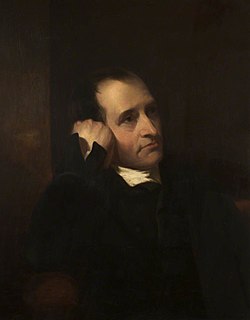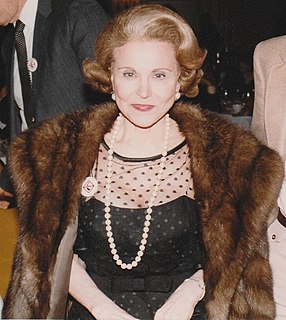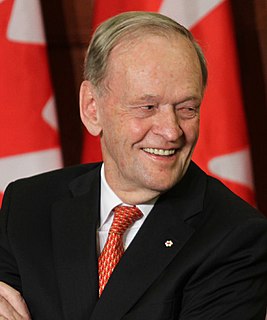A Quote by Voltaire
Secret griefs are more cruel than public calamities.
Related Quotes
Jefferson, though the secret vote was still unknown at the time had at least a foreboding of how dangerous it might be to allow the people to share a public power without providing them at the same time with more public space than the ballot box and with more opportunity to make their voices heard in public than on election day. What he perceived to be the mortal danger to the republic was that the Constitution had given all power to the citizens, without giving them the opportunity of being citizens and of acting as citizens.
A man has a very insecure tenure of a property which another can carry away with his eyes. A few months reduced me to the cruel necessity either of destroying my machine, or of giving it to the public. To destroy it, I could not think of; to give up that for which I had laboured so long, was cruel. I had no patent, nor the means of purchasing one. In preference to destroying, I gave it to the public.
In my craft or sullen art Exercised in the still night When only the moon rages And the lovers lie abed With all their griefs in their arms, I labour by singing light Not for ambition or bread Or the strut and trade of charms On the ivory stages But for the common wages Of their most secret heart. Not for the proud man apart From the raging moon I write On these spindrift pages Nor for the towering dead With their nightingales and psalms But for the lovers, their arms Round the griefs of the ages, Who pay no praise or wages Nor heed my craft or art.






































